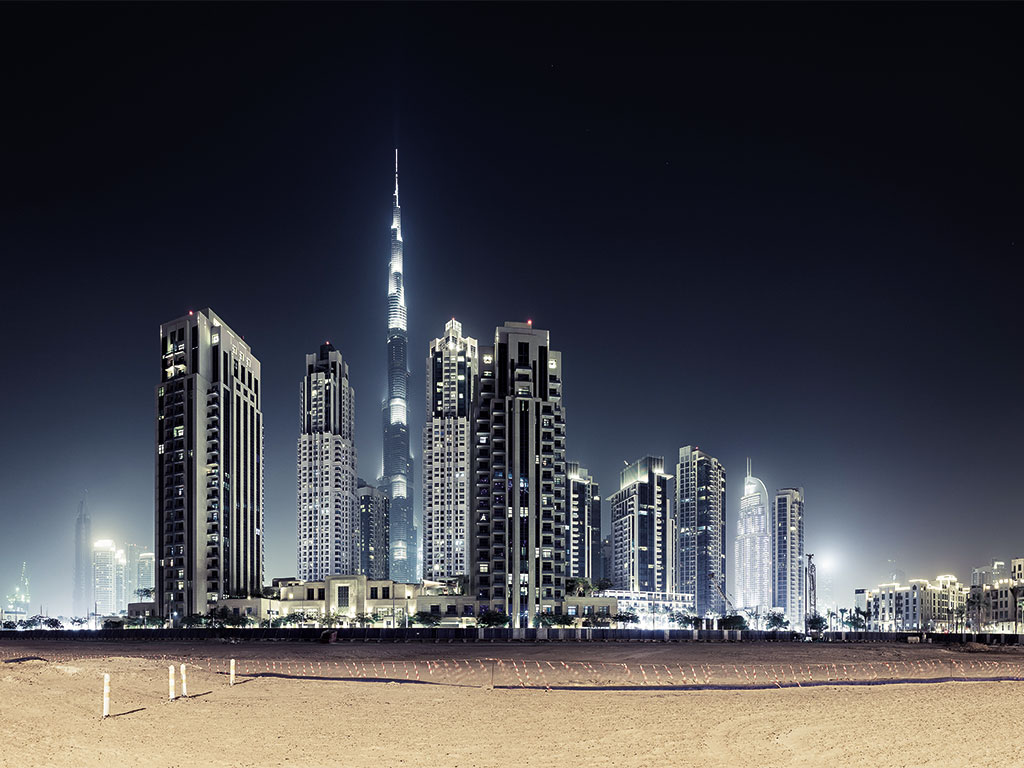
Since the establishment of the UAE in 1971, the country has demonstrated a track record of remarkable economic growth and political stability. During this period, Dubai has moved from being a small, local trading city into a global hub of commerce. Enjoying a strategic location between Asia, Europe and Africa, Dubai has leveraged its position and built world-class infrastructure to become the undisputed regional hub for trade, logistics, business, finance, retail and leisure.
According to 2015 international trade statistics released by the World Trade Organisation, the UAE has maintained its top rankings on the world trade map, coming 16th globally in commodity exports and 20th globally in commodity imports. In the area of service trade, the UAE ranked 19th globally as service importer and 42nd globally in service exports. Additionally, last year the country was recognised as the strongest brand in the Gulf Corporation Council (GCC) and is now the third-strongest country brand in the world, according to a report by the London-based consultancy Brand Finance.
Beneficial environment
Spearheading the UAE’s transition to a sustainable economy for future generations is Sheikh Mohammed bin Rashid Al Maktoum, Vice-President and Prime Minister of the UAE and Emir of Dubai. Much effort is being put into diversifying the UAE’s economy away from oil by 2021, so that the country is not as exposed to oil price fluctuations. In 2015, the Ministry of Economy declared that 70 percent of the country’s GDP was generated by non-oil sectors, and that the value of the UAE’s non-oil foreign trade reached AED 1.75trn ($476.4bn), an increase of 10 percent on the previous year.
By creating a business environment that ensures economic and social stability, the UAE is set to become even more attractive to foreign investors. More than 25 percent of the world’s 500 largest companies have already chosen the UAE as their operational headquarters within the Middle East and North Africa region. According to the 2016 Agility Emerging Markets Logistics Index, the UAE leads the rankings for the best business conditions found in the world’s emerging markets.
Exposition excellence
The upcoming Expo 2020 event is also boosting the UAE’s international position in the global business arena. The country’s core industry sectors, including logistics, tourism, hospitality, real estate and food/beverages, will present vast opportunities for businesses, potentially creating over 270,000 new jobs by 2020. Preliminary estimates indicate that the economic impact generated by the Expo between now and 2021 will reach approximately $17.7bn.
Expo 2020’s sustainability sub-theme has already positioned Dubai as a beacon of sustainable development and a green economy. The UAE Government is committed to making the country a successful global model so that eco-cities become the standard mode of operation around the world. The sheer scale and urgency of what lies ahead as the country prepares for Expo 2020 requires significant investment in international expertise. Foreign companies need to make sure they position themselves correctly via the most suitable means of incorporation to both capitalise on these opportunities and safeguard their beneficial ownership interests.
In 2016, the UAE will continue to strengthen its position as a global trade hub, distancing itself from the oil trade to encourage foreign investment and bolster market confidence in what remains an unpredictable global economy.

